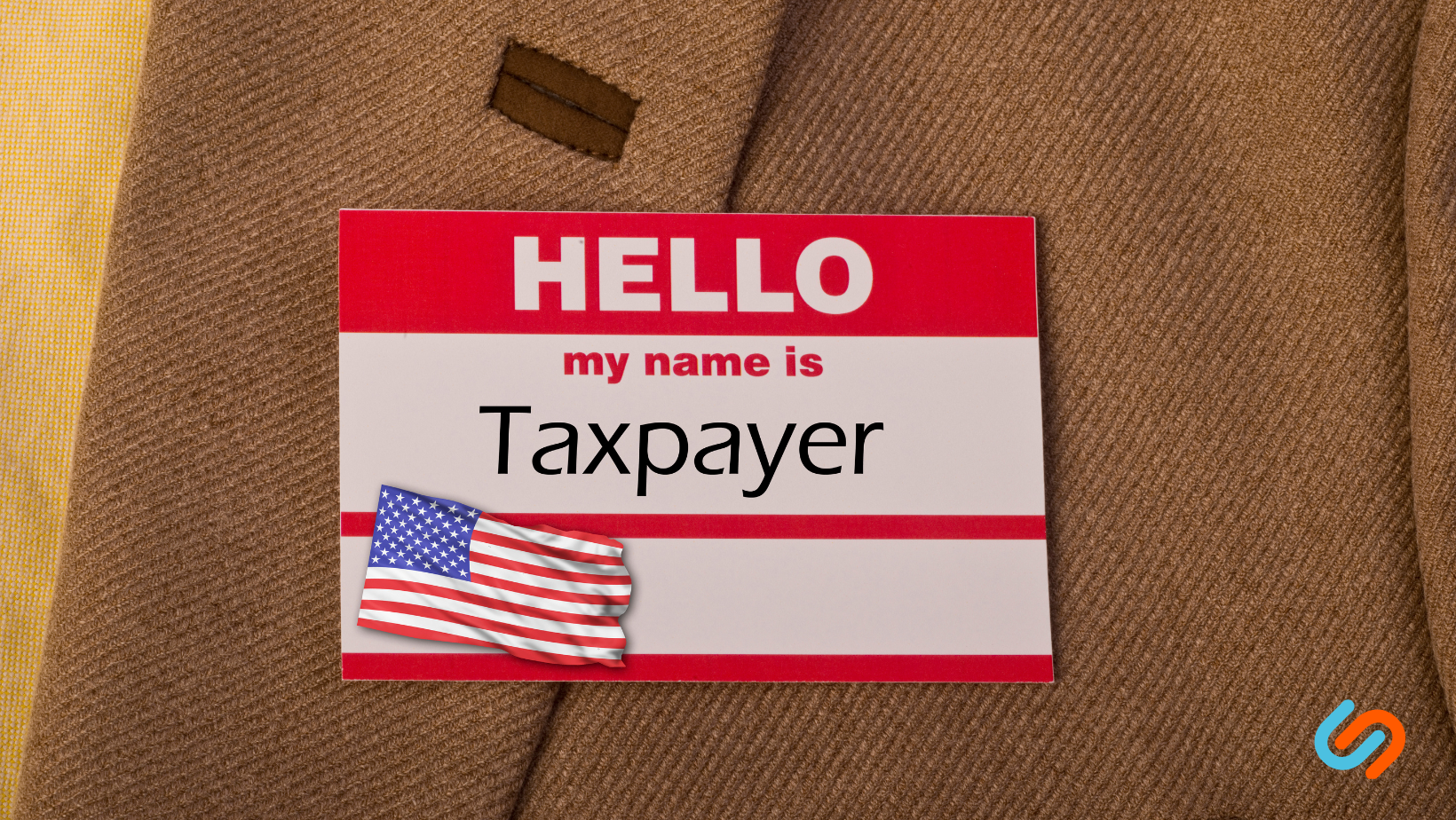In a recent report by tax compliance tech trailblazer Avalara, the coming year heralds a seismic shift in tax regulations, with a particular impact on the self-employed, entrepreneurs, freelancers, and small businesses. As states grapple with technological advancements, including artificial intelligence, businesses are urged to prepare for an uptick in sales tax audits.
Released on Monday, the report underscores how new technology developments prompt lawmakers to reassess existing tax laws. Notably, digital advertising is becoming a focal point for tax legislation. The global expansion of e-invoicing mandates and the infrastructure already underway in the U.S. signals heightened scrutiny for these independent professionals and small enterprises.
Building on the economic nexus rules established post the 2018 South Dakota v. Wayfair decision, 2024, might simplify these laws. The Streamlined Sales and Use Tax Governing Board’s push to eliminate transaction thresholds could ease compliance for the self-employed, entrepreneurs, freelancers, and small businesses.
Avalara’s report suggests that the tax landscape for these groups could face audits from both state and federal entities. The Inflation Reduction Act of 2022 allocated substantial funds, with a significant portion earmarked for IRS enforcement. While the funds may not directly go to states, the report suggests that enhanced federal scrutiny could indirectly influence state audits, impacting this segment of taxpayers.
The imminent decrease in the Form 1099-K reporting threshold, as outlined in the American Rescue Plan Act, remains a contentious issue. The IRS plans to phase in a lower threshold, starting at $5,000 for the 2024 tax year. Lawmakers are challenging this move, questioning the IRS’s authority and its potential impact on the self-employed and small businesses.
Scott Peterson, Vice President of U.S. Tax Policy at Avalara, emphasizes the rapidly evolving tax policies and economic pressures, highlighting the potential for increased audits. As the tax landscape becomes more complex, self-employed individuals, entrepreneurs, freelancers, and small businesses are advised to stay vigilant and compliant.
In omnichannel commerce, Avalara urges retailers in these categories to brace for increased complexity in sales tax nexus thresholds. This includes navigating new tax rates, rules, tax returns, and exemption considerations, which could impact the financial health of these individuals and small enterprises.
With electronic invoicing emerging as a vital tool for streamlining tax reporting, Avalara stresses its importance for self-employed individuals, entrepreneurs, freelancers, and small businesses. Over 60 countries adopt e-invoicing mandates, so the U.S. is encouraged to follow suit. Alex Baulf, Vice President of E-Invoicing at Avalara, emphasizes that staying ahead of the curve is crucial for these taxpayers.
Understanding the business impacts of e-invoicing mandates and planning for technology adoption will ensure compliance and unlock new efficiencies in the digital transformation for this segment of the economy.
Source ( Accounting Today News).



